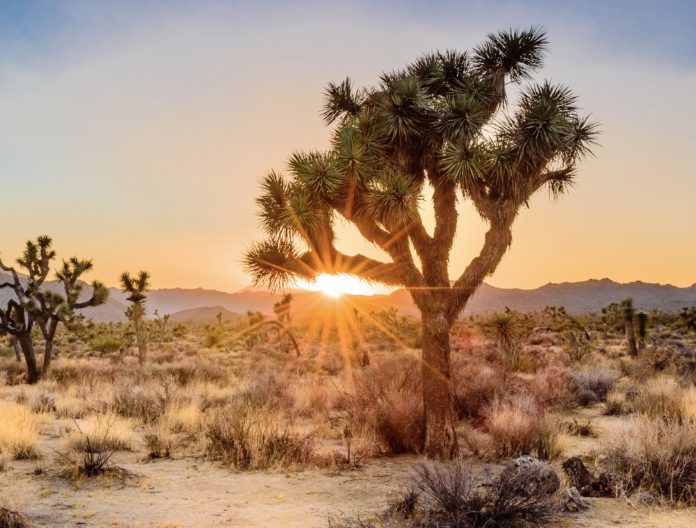You can help all animals and our planet by choosing compassion on your plate and in your glass. #GoVeg
RELATED ARTICLES
Pressure Mounts For Arizona To Ban Dog Pack Hunting Of Mountain Lions, Bears & Other Critical Species
Conservation groups have submitted a petition to the Arizona Game and Fish Commission urging a ban on the use of dog packs for hunting...
Help Save Millions Of Lives This Holiday By Choosing Compassion On Your Plate; Adopt A Turkey Today!
As Thanksgiving approaches, we hope you enjoy a warm and safe holiday. We encourage you to make a compassionate choice by leaving animals off...
Giraffes Are One Step Closer To Receiving Vital Endangered Species Act Protections
In response to a petition and subsequent lawsuit by conservation and animal protection organizations, the U.S. Fish and Wildlife Service (USFWS) has proposed listing...
Popular stories
Industry News
Dutch Parliament Votes For Closure Of 128 Remaining Mink Fur Farms In The Netherlands
Dutch Members of Parliament (MPs) voted overwhelmingly today in favor of shutting down the estimated 128 remaining mink fur farms in the Netherlands, following...
News
Over 2,500 Tons Of Whale Meat Are En Route To Japan From Iceland; 1,139 Fin Whales Have Been Killed For Their Meat To Date
According to news sources in Iceland, Kristjan Loftsson, who is the last whaler in Iceland, is currently shipping 2,576 tons of whale meat to Japan.
This has...
News
Bill To End Puppy Mill Pipeline & Ban The Retail Sale Of Dogs, Cats, And Rabbits In New York Passes State Senate; Advances To...
The New York State Senate approved Bill S.1130, to shut down the puppy mill pipeline and end the retail sale of dogs, cats, and rabbits in...



